
How to pronounce 'Kochira koso yoroshiku' (I am pleased to meet you
Search Meaning of kochira koso kochira koso What does kochira koso mean? kochira koso ( Japanese) Romanization kochira koso Romaji transcription of こちらこそ This is the meaning of こちらこそ: こちらこそ ( Japanese) Idiom こちらこそ ( hiragana , romaji ) ( used as a response) I'm the one that should really be saying that.

오네가이시마스 요로시쿠, 무슨 뜻인가요?
You can use this phrase in response to someone asking what you think about a matter, and it essentially means "You tell me first". Another common phrase is when you add "koso" after "dakara" ("that is why") to end up with "dakara koso".
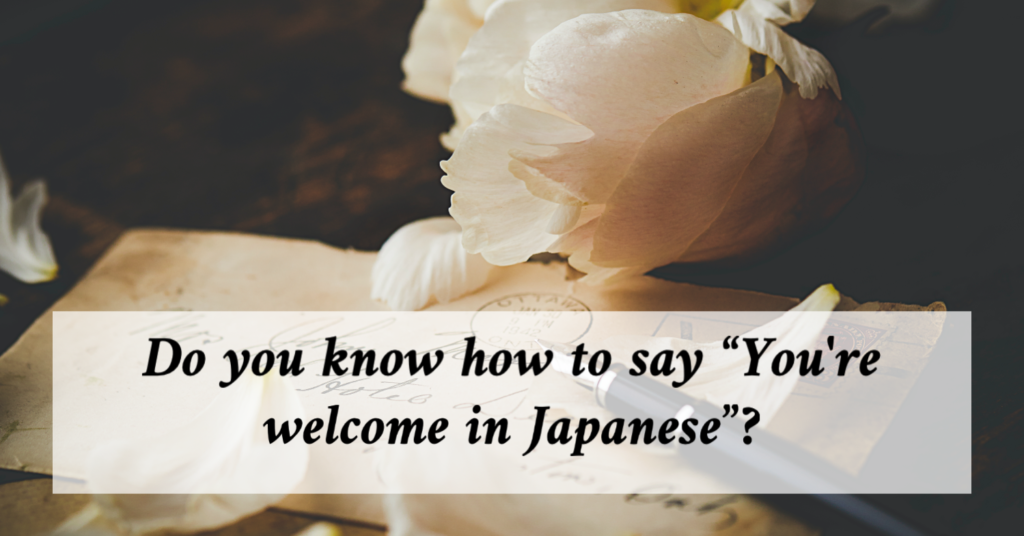
15 Ways to Express Thank You in Japanese EDOPEN Japan
From introducing yourself to someone for the first time, to asking another person for a favour, the phrase yoroshiku onegaishimasu, よろしくお願いします is an essential part of Japanese language. You hear and use it everywhere, but it can be challenging to understand how to use "yoroshiku onegaishimasu", or if it needs to be used at all. Various meanings
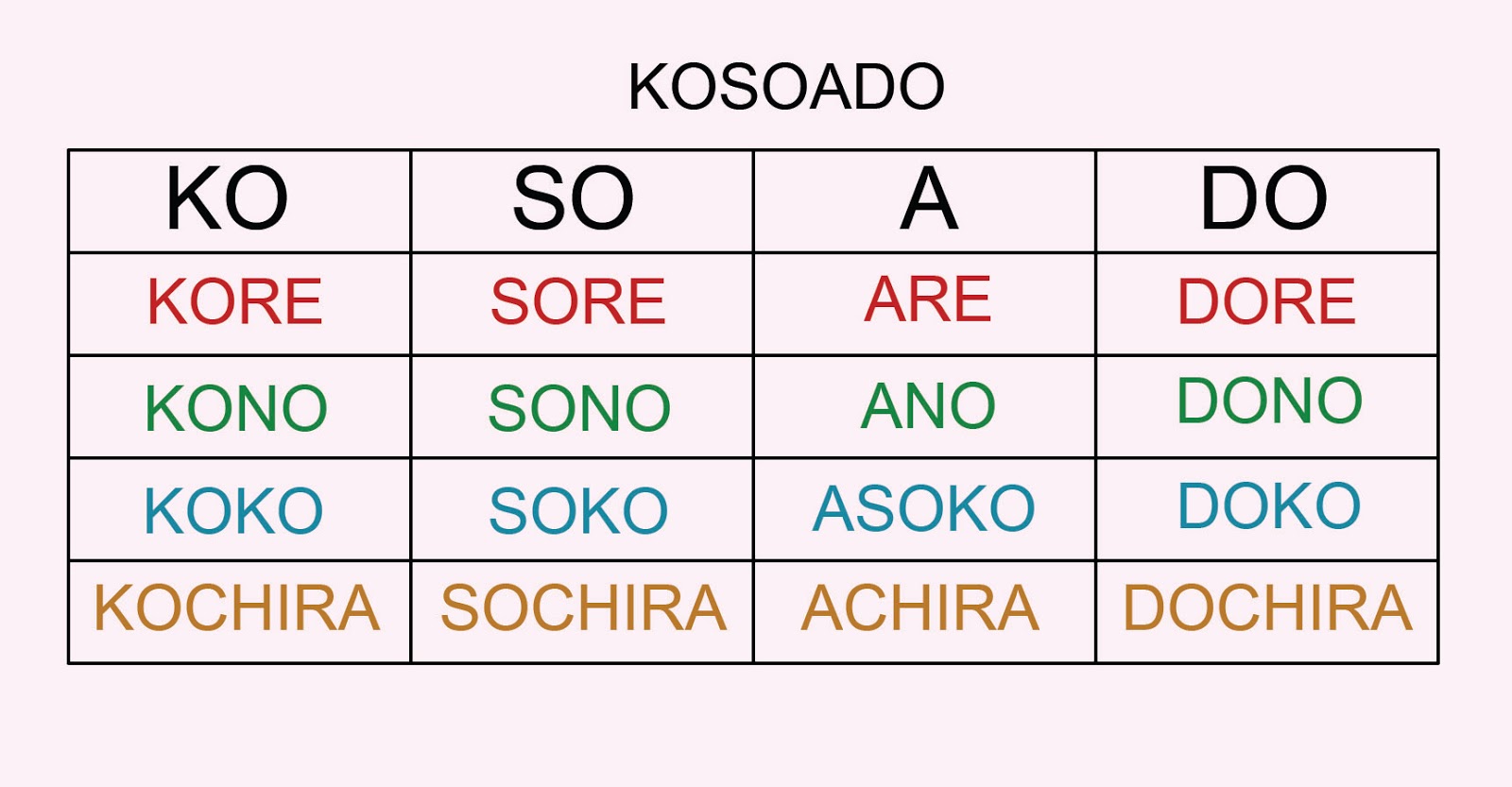
HIKARIU
どうもありがとう。 Domo arigato. Thank you very much. Domo arigato (sometimes transcribed in "Doumo arigatou") is a way of saying "Thank you very much" in Japanese. The combination of Domo with Arigato has the effect of reinforcing the power of your thanks. Arigato gozaimasu, a formal thank you ありがとうございます。 Arigato gozaimasu. Thank you.

KoSo
you could add kochira koso / こちらこそ. in front of yoroshiku onegaishimasu. / よろしくおねがいします。 This magical kochira koso means, "I'm the one that should really be saying that. So, kochira koso yoroshiku onegai shimasu would basically mean, "I'm the one who should be askingyou for kindness." (笑) *lol*

KOSO Our Creativity is Our Pride. Nihon KOSO has grown to now
15. Kochira Koso Arigatou Gozaimasu (こちら こそ ありがとう ございます) Doitashimashite (どいたしまして) and Kochira (こちら こそ) Now that we have discussed all the ways to say thank you in Japanese, we need to know how to respond when someone says thank you. For example, we want to reply "You are welcome" which.

Cómo se usa KOSO como en KOCHIRA KOSO JLPT N3 Curso NOKEN YouTube
Kochira koso has a meaning of 'I should be the one thanking you' or politely saying 'right back at you!'. People often say Kochira koso arigatou gozaimasu, which translates to 'Thank you too' but the actual meaning is my pleasure. Tonde mo gozaimasen. とんでもございません. I feel sorry that you thanked me
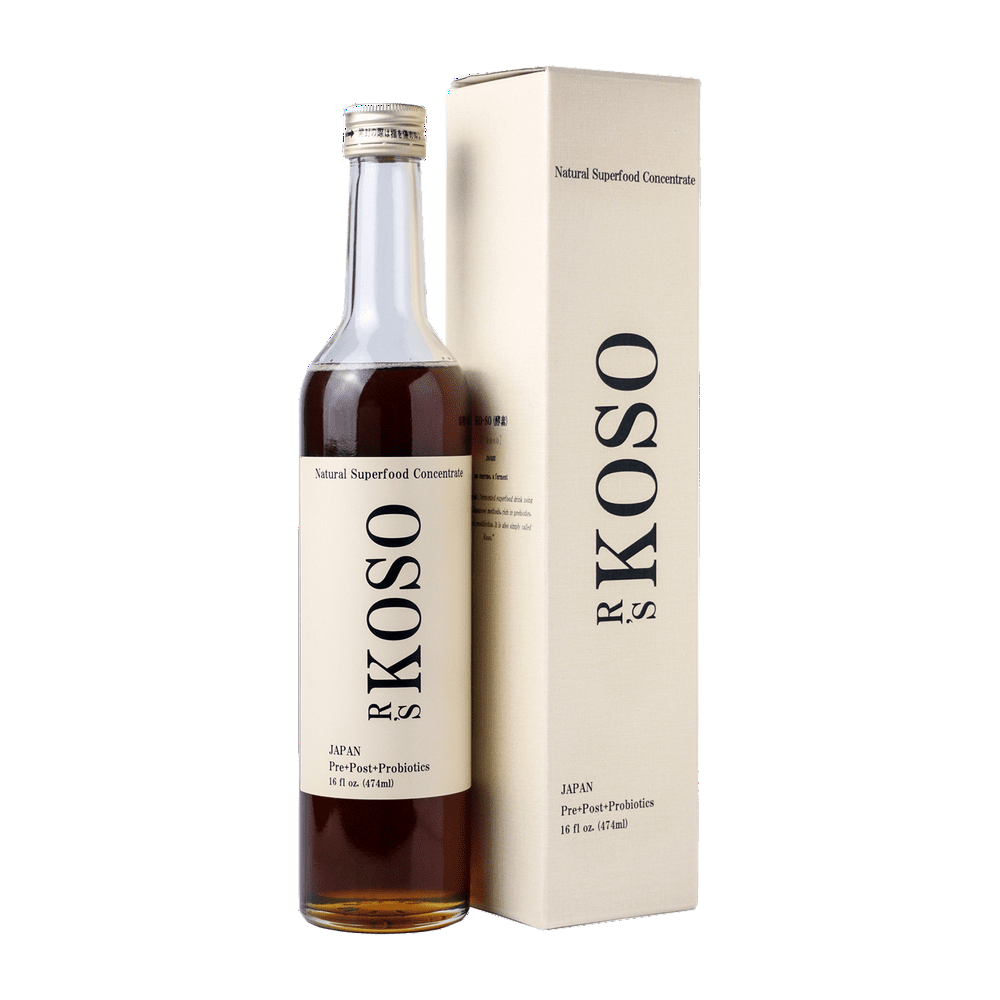
R's KOSO Japanese Postbiotic Drink (474ml / 16oz)
You can simply say "kochira koso" (こちらこそ) or the longer form "kochira koso yoroshiku onegaishimasu" (こちらこそよろしくお願いします) This means something like "It's nice to meet you too" in this context.
¿Qué significa "Kochira koso" en Japonés? HiNative
Idiom. こちらこそ ( hiragana , romaji ) ( used as a response) I'm the one that should really be saying that. literally: this way, for sure; as in the thanks/apology should really be going this way (your way) A: 「 どうも ありがとう 。. 」 B: 「 こちらこそ 。. 」.
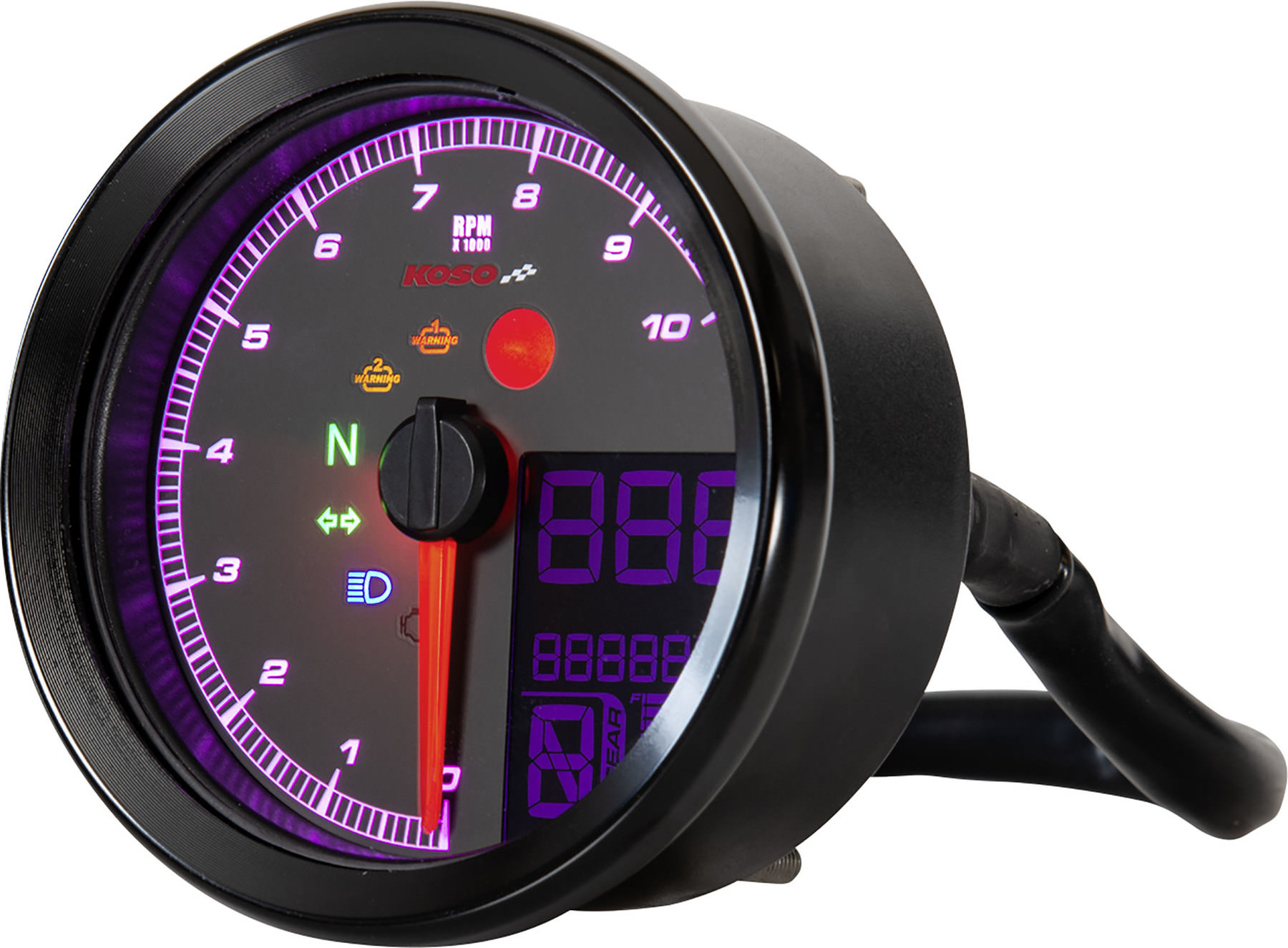
Koso KOSO TNT04 BLACK MULTIFUNCTION INSTRUMENT
1. どういたしまして (Douitashimashite) If you've ever taken a Japanese class, this is probably the phrase that you learned. "どういたしまして" (Douitashi mashite) is translated most often to "y ou're welcome." It's a great phrase to use with your friends, family, and peers.
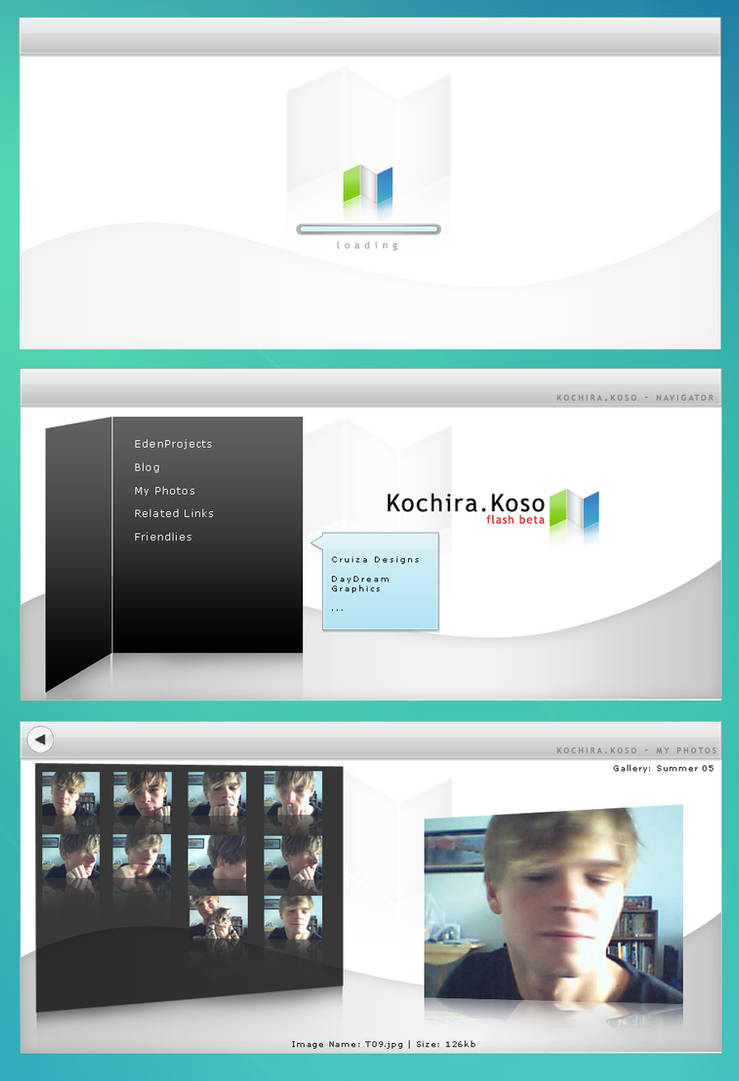
Kochira Koso Flash Beta Prev by edenprojects on DeviantArt
kochira koso sochira vs. achira dochira Means "Who" dochira-sama どちら様 kochira kara こちらから kochira de こちらで Indicating Choices dochira Means "Which" dochira vs. dore Kanji Directional Pronouns The literal meaning of kochira, sochira, achira and dochira refers to directions. kochira こちら This direction, toward me. This way, toward here.

อ่าน Kochira Isekai de yoroshikatta deshou ka? ตอนที่ 0 0 TH แปลไทย
29/11/2020 14/02/2021. よろしくおねがいします(Yoroshiku onegaishimasu)is probably the phrase that you learn at the very beginning of your Japanese study as self-introduction. Your teacher might tell you that よろしく means "nice to meet you", which is partly right. But when you carefully listen to Japanese people's.
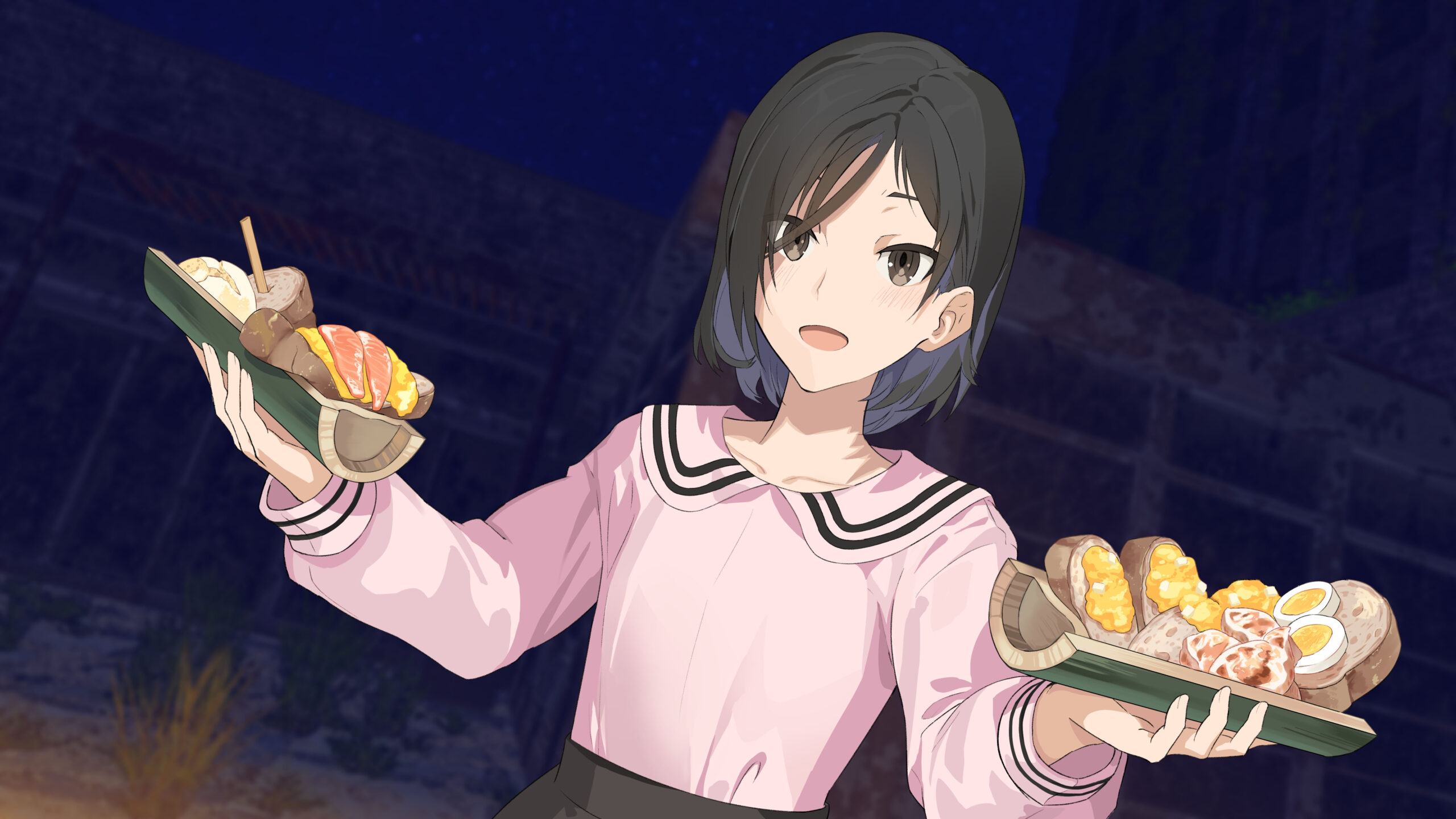
La visual novel ‘Kochira, Haha Naru Hoshi Yori’ nos presenta sus
Hiragana: こちらこそ. Katakana: コチラコソ. Romaji: kochira koso. English Meaning: Likewise!, (It's nice to meet) you too!, The pleasure is/was mine! Learn Japanese and other languages online with our audio flashcard system and various exercises, such as multiple choice tests, writing exercises, games and listening exercises.

All About Japanese Particles こそ (koso) Japanese Quizzes
こちらこそ • ( kochira koso ) (used as a response) I'm the one that should really be saying that. literally: this way, for sure; as in the thanks/apology should really be going this way (your way) A: 「 どうも ありがとう 。 」 B: 「 こちらこそ 。 」 A: "Dōmo arigatō." B: " Kochira koso ." A: "Thank you very much." B: "No, thank you ." A: 「 ごめんなさい 。 」 B: 「いいえ、 こちらこそ 。

R's KOSO Japanese Prebiotic Drink (474ml / 16oz) * 12 bottles
Kochira koso yoroshiku onegaishimasu O ai dekite ureshii desu O ai dekite kouei desu O me ni kakate kouei desu Don't forget to bow! Common ways to say nice to meet you in Japanese Hajimemashite はじめまして Nice to meet you Hajimemashite, which can be written 初めまして or はじめまして, is the standard phrase that Japanese people say when they first meet someone.

Koso hosted at ImgBB — ImgBB
- Kochira koso, yoroshiku onegaishimasu. Sato: Hi, my name is Sato. Louise: My name is Louise. Nice to meet you. Sato: Nice to meet you too. A greeting, similar to "nice to meet you" is used in this case. It is not very difficult to translate as similar expressions exist in every language.